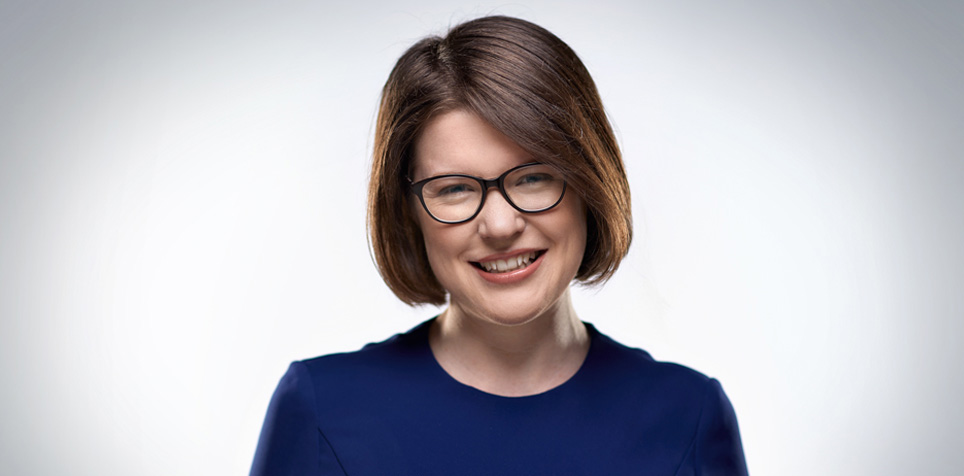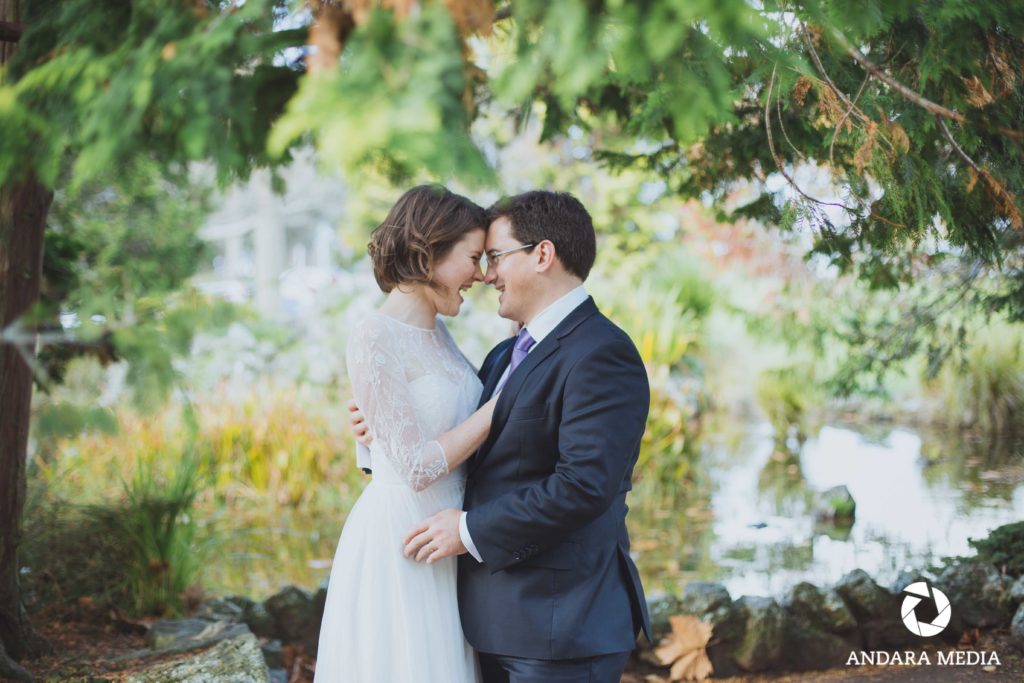
21 May Field Notes: Kate Muirhead
Kate Muirhead works as a Litigation Principal for Meredith Connell. She is married to alumnus Tom Cleary, whom she met while they were doing the Residential Internship (2008/09), and they are expecting their first child in June, 2021. Alongside her work in commercial litigation and as a Crown Prosecutor, Kate serves on the board of Maxim Institute and is one of the members of the Ministry Standards Commission with the Anglican Church in Aotearoa. Here, Kate reflects on her work in law.
To begin, tell us about your work history to date. Why did you decide to study and then practice law?
I came to law a bit by accident. I thought I’d do a law degree and a degree in political studies, and then try my hand at being a diplomat, which sounded interesting. But when I got to law school at Otago, I found myself enjoying the academic side of things and also enjoying the mock court work we got to do. I got a summer job at a law firm called Russell McVeagh in Auckland, doing commercial litigation, and I found it more interesting than I expected. Russell McVeagh offered me a graduate job in the commercial litigation team, which I took.
I always thought I’d be there three to four years to get some good, big-firm training under my belt. Towards the end of my third year, my dad died unexpectedly of a heart attack. Some months after that, with the benefit of hindsight, I would say that I got reasonably depressed. I had always intended to up sticks at about that stage anyway, but the need to do so was feeling more and more pressing. So, I finished up at Russell McVeagh and took two months out to spend time with family, go tramping, cycle the Central Otago Rail Trail, and do the Ignatian spiritual exercises (a set of meditations, contemplations, and prayers)—just good things like that. When I came back to Auckland, I applied for Meredith Connell and here I am, seven years later.
What was your experience entering the working world as a young graduate?
I did the Maxim Internship (now Residential Fellowship) just before entering the working world, and it was one of the most formative things I have ever done. It gave me an appreciation for the fact that we can be faithful and joyful in whatever line of work we find ourselves in. I came to understand that all work can be God’s work. I didn’t know what that would look like in law, but I was looking forward to dipping my toes in. Incidentally, the Maxim Internship was also where I got to know my husband, Tom.

Russell McVeagh was a productive and formative season for me. It gave me a good grounding in the practice of law, at least the practice in big firms. The firm had high expectations—properly so—and I liked that. I got to work with some great people, and some of the stuff I worked on was fascinating—either the facts of the dispute were generally interesting, or just the diversity of clients and cases. I could be giving advice about people selling beer, or whether someone would have a claim if they’d rented an industrial lot and the concrete broke up, or acting in a dispute about the sale of some of New Zealand’s most recognisable brands that went belly up.
There were quite long hours there though. We worked hard as juniors, and I had a natural disposition to work hard anyway, mostly because I was afraid of failure and disappointing others. When I was first starting out in practice, work felt like something I had to get right, and it was important that I worked really, really hard to do that. That translated into a lot of hours and, if I’m honest, quite a lot of anxiety. I also assumed that lots of what I was feeling was down to some defect in my character, rather than my inexperience.
So, after your four-year introduction the law world, what does work look like now?
The seven years at Meredith Connell have been great years. I am still a commercial litigator. I am also a Crown Prosecutor. (Meredith Connell holds the warrant to prosecute serious crime in the Auckland area.)
As a litigator, I help my clients identify and manage legal risks, and act for them when they become involved in commercial disputes. Many of my clients are public sector or governmental organisations, like Kāinga Ora-Homes and Communities, the Overseas Investment Office, the Commerce Commission, the New Zealand Transport Agency, and a number of others. I also work for a range of private clients. For example, we act for more than 550 people who lost their life or retirement savings through Ross Asset Management (later exposed as Aotearoa’s largest Ponzi scheme). The human cost is just awful. We are suing the bank that the Ponzi used.
I also serve on the board of Maxim Institute and am one of the members of the Ministry Standards Commission with the Anglican Church in Aotearoa. We’re a group that’s implementing some new canons (legislation) for the Anglican Church.
How do you see the fall affecting your work—both in the cases you’re working on and within yourself?
On the Maxim Internship, we talked about Blaise Pascal’s description of humanity as both the glory and the dross of the universe. I feel like whatever area of law you practice, or whatever your job is, you see that. Human sin is not just limited to my prosecution work. That ignores the constancy of the human condition. People can be awful in all sorts of ways. You can see plenty of greed and avarice in commercial law, for example. But people can also be stunningly, unexpectedly good and courageous in the most surprising places as well. Within the law profession itself, we have our own problems—they have been aired fairly publicly in recent years.
My Crown work has also given me an appreciation for the different ways that people are formed. The effects of deprivation, of poverty, of substance abuse, of deportation can be enduring.
We wouldn’t need the law, perhaps, if we weren’t fallen. In a way, the law is a grace, it brings order to chaos. But that needs qualification. There are good laws and bad laws. Some laws can be used to work oppressively or to cause injustice. And we also need something, someone, beyond the law—someone who can fulfil it.
In light of that, what value do you see work holding in your own life and in the world?
I like what I do. I feel genuinely fortunate that I get to do a job that is so interesting and varied. That’s a sense that’s grown over the years as I’ve gained experience and a greater feeling of competence. No two problems are exactly the same.
Do I think that my work is meaningful and important? Yeah, I do. Do I think it’s important in some great cosmic sense or more important than anybody else’s work? No. But I can see my work is doing its little bit in the grand scheme of things. For example, it’s important my clients get good legal advice on the issues that matter to them and that they’re represented well if the matter turns into a dispute. The rule of law and access to justice is important. That’s partly an outworking of the stuff I do for my paid work, but, also, the skills that I acquire in that space give me the skills to go on and do other things in different spaces as well, which is neat.
I wouldn’t underestimate the value of finding enjoyment in your work. Yes, I think the work is important in its own way, but if it was important and I hated it, then I probably wouldn’t be doing it. I feel really lucky to be doing a job that I genuinely enjoy.
How did you process the decision to have a baby and take some time off from your career track?
The first part of the question was by far and away the biggest question for me. For a really long time, I was terrified at the prospect of having kids. I was convinced I was going to be a terrible parent. But being able to journey through that fear alongside some key people has been really great.
The question of how much time to spend at home with baby was influenced by a range of different considerations. At this stage, the plan is that I will take six months with baby, and then Tom will take six months. I am fortunate to work with some great people at Meredith Connell who put a lot of emphasis on doing what works best for you and your family, and there being no precedent or preferred approach for staff to take.
What do you think God sees, both in this journey to having children and in your 9–5 work?
The word “grace” is all that really comes to mind. And maybe a sense of God revealing himself to be someone a little different to what I thought he was—almost like peeling back some layers or perceptions of who he is, what he expects of me, what would make him happy.
I have also reflected more on what it means to be made in the image of God. We talked a lot about imago dei at Maxim. That’s a dazzling idea. So much of life is normal and ordinary, and that’s all part of being imago Dei too. It is all important to and part of the unfolding story of a loving God in this world. I like that my work has the propensity to bring order where there’s disorder. I think this is inherently good and needed in a flourishing society. I suspect you could say the same thing about a host of different kinds of jobs. I just feel lucky that I like doing my job, and I feel like that’s a kind of grace.
(Images: Supplied)

